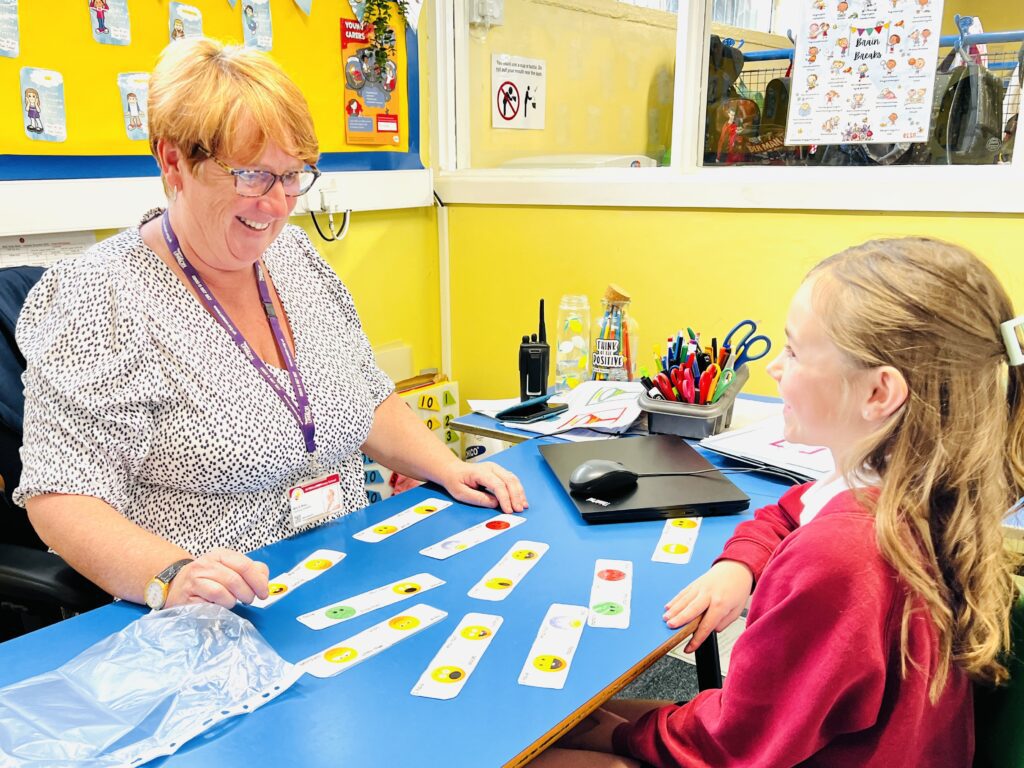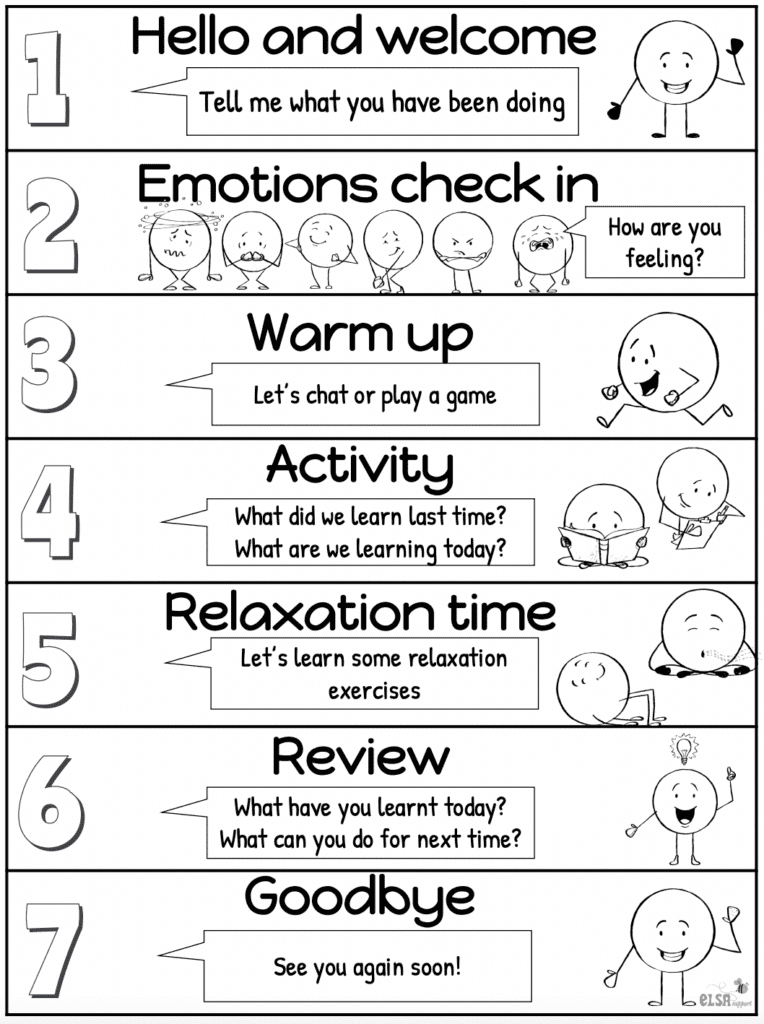ELSA
An ELSA is an Emotional Literacy Support Assistant. ELSAs are specialists with a wealth of experience of working with children and young people. ELSAs are trained and regularly supervised by Educational Psychologists. ELSAs are warm, kind and caring people who want to make children and young people feel happy in school, and help them to reach their potential socially, emotionally and academically. They understand the barriers to learning that some children and young people might have and can help them with this. They support children with their emotional development and help them cope with life’s challenges. ELSAs will also help children and young people to find solutions to problems they might have. An ELSA is not there to fix problems but to help them find their own solutions and offer that important support to a child or young person. Relationships are key in helping children and young people to feel safe and nurtured. ELSA is about creating a reflective space for the child or young person.


Who are our ELSAs?
What do our ELSAs help with?
How are children referred for ELSA support?
- Class teacher referral – class teachers can refer children for ELSA support
- ALNCo (Additional Learning Needs Coordinator) referral – the ALNCo can refer people for ELSA support
- Parent referral – parents can speak to their child’s teacher if they think their child needs ELSA support
- Child referral – children can ask their teacher for ELSA support
- Outside agency referral – outside agencies working with our children may suggest they need ELSA support
What does a typical session look like?
The ELSA would collect the child from their class during the school day. They would go to one of our ELSA intervention rooms – these are just quiet rooms with resources to help children feel at ease.
There would be a welcome for the child or young person along with an emotional check in. How do they feel today? Then, a warm up or icebreaker activity would take place. This part is important because it helps the child to feel relaxed and it’s fun!
The main activity would follow where the ELSA would be teaching something to help the pupil with their target. The ELSA would also review what was learnt last time to see if the child or young person has remembered and if they used the skill taught.
There would be a relaxation exercise to help the child or young person be ready for class and a quick review on what the child or young person has learnt that session. At this point the ELSA may ask the child or young person to do something for next time. eg. practise star breathing when feeling angry.


ELSA Reactive Support
Sometimes things happen in life such as a death, divorce, illness, hospital stay, and so on. An ELSA can help the child or young person reactively which means they can support them immediately when things like this happen. Through a strong relationship with the ELSA, the child or young person can feel safe and cared for and know that someone is there for them. Reactive support is very much about active listening which is taught on the course. It is child or young person led and there aren’t any targets.
Parent Communication
Whilst permission isn’t needed to run a school based intervention with children, we feel it is important to work with parents and inform them. Children or young people can make so much more progress when the parent and ELSA work together. Perhaps the parent can continue the learning outside of the session eg. practising coping strategies when the child has big emotions.
